'Oliver Twist' (1838) - Exaggeration and Melodrama as Approaches in Literature
I was watching the new-ish Roman Polanski 'Oliver Twist' (2005) with Ben Kinsley as Fagin ... and a friend declared that the approach taken by the director was one that involved inappropriate exaggeration and melodrama.
But this was Dickens' choice of mode, as the original accompanying etchings by George Cruikshank well show.
As a social reformer with an agenda of exposing the real root causes of the social and economic ills of working class C19 Industrial Britain, the author used a non-naturalistic mode as it suited his method of literary work - a didactic novel in a serial in weekly installments for a wide audience. Like a comic strip in words - weekly high drama with a cliff hanger hook has mass appeal.
Melodrama and exaggeration as approaches have negative connotations - this is because we live in the final backwash of the C19. But fashions change so we can now re-examine work in such a unrealistic mode in an entirely completely positive way. As we differently but similarly enjoy and appreciate the surrealities in 'One Hundred Years of Solitude' by Gabriel Garcia Marquez.
Fagin's eye-rolling horror at his own impending death is chilling and powerful. As is the look on villainous Bill Sikes' face as he viciously and without qualms shoots Oliver Twist during the robbery of Mr Brownlow's house. We are now not embarrassed to response morally to these extreme (and effective) constructions - we are simply left to decide whether or not they work. And in much of Dickens they most certainly do!





![C18 Bronze Buddha [Southern China]](https://blogger.googleusercontent.com/img/b/R29vZ2xl/AVvXsEioLkgVKuhDoIHQgM1X6Oe2hGn75yqaj4OJXPmNpumXmQPKxB22S57YS5DVrl1P7zl7BS6EFpAtaNZPze7gzVCRiQI54bwdHhVa4fGr7NOChZwTZoo92gUen6tC5U8gWIy_pv92U0FB38M/s1600/Buddha+%255BBronze%252C+C18%252C+China%255D+1.jpg)




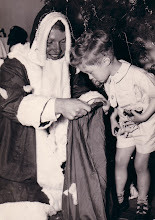







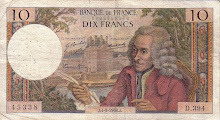
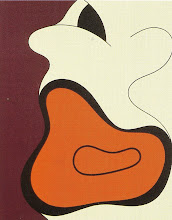+1998+Cropped.jpg)

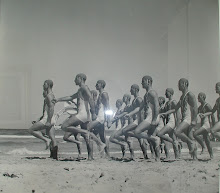
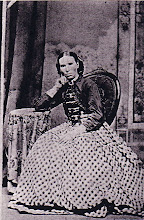









Nick,
ReplyDeletePerhaps you could comment within the same paradigm about our use/production and equally (to my eye) "inappropriate exaggeration and melodrama" of porn. Men with perfect bodies, massive cocks, angelic (or devlish) faces, enticing butts...and on it goes. We devour it like never before, hardly a "backwash of the C19", rather, a new king tide?
shaun
hey shaun. not sure sex is related to any century, C19 or other. the history of literary criticism in at least the first half of the C19 is littered with objections to Dickens in this vein - like and different to criticisms of jane austen as being a 'narrow gutted spinster' (D H Lawrence). these (now out-moded) views are now seen as just reflecting the context, not a final judgement. in the C18 Shakespeare was not valued as he is today. but for sex, all the better to exaggeration and melodrama - and devouring it in the greatest quantities. don't know that an older position on Dickens can be related to our positions on sex - it's like comparing computer programs with the price of cheese in a certain canton in Switzerland in April 1962. nick
ReplyDeleteMaybe off the subject, but it's my opinion that, as an artist, a moralist, and a sensualist, Jane Austen was twice the man D.H. Lawrence ever dreamed of being!
ReplyDeletehey keith. studied and taught jane austen at post grad level and missed the sex/sensuality bits - it is intruded into the current batch of movies but thin on the ground if at all in the books. romance - yes, tons. lots. but non-bodice-ripping romance. now lawrence claimed with some ironic and non-traditional justification that he was a moralist, even with respect to 'lady chatterley's lover'. but so was austen - a humanistic moralist way rather than a religiously driven one! like both writers lots but for very different reasons. good to hear from you - take care my friend. nick
ReplyDelete